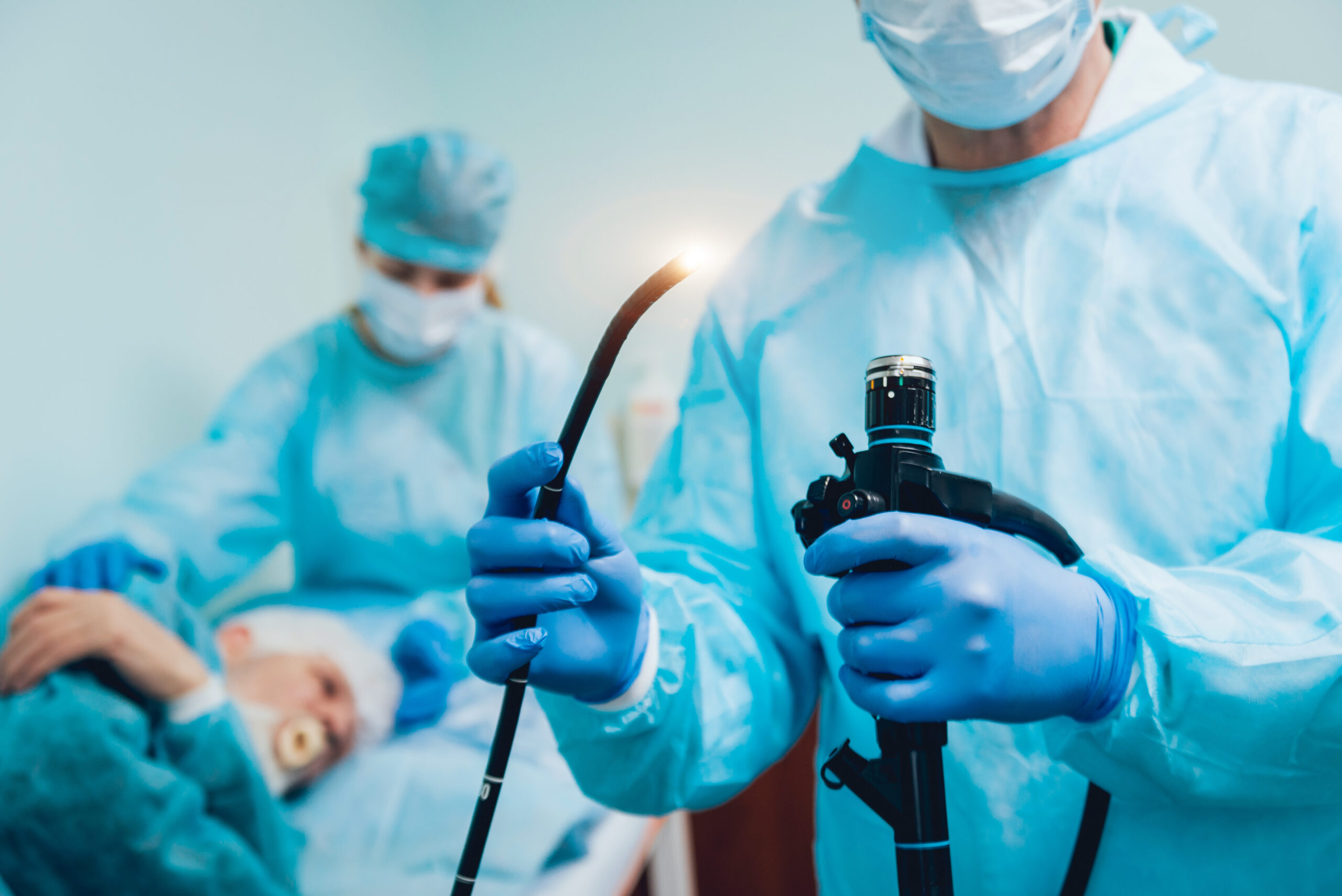Endoscopes have literally given us a clearer image into our bodies, and as a trusted medical device, it has helped countless patients. However, it has also been responsible for a swathe of malpractice cases over the past few years.
This concerning issue has come about due to improper reissuing of dirty endoscopes, which have caused cross-contamination in some cases. Due to the re-use of these tools, manual cleaning and reprocessing is used on endoscopes. However, without a high-level disinfection and decontamination, there are still risks. These tips are designed to help you manage your endoscopes and ensure that they are clean enough for use.
Use The Right Tools
It is important that you adhere to the manufacturer’s instructions with endoscopes, as they all require specific maintenance. Have all of the cleaning equipment at hand prior to your sterilisation to ensure that all of the endoscope will be cleaned correctly. Make sure that your staff know how to clean different types of endoscope with the instructions and time frames provided. Try to remove any potential broken, compromised or substituted equipment to guarantee a successful clean.
Be Methodical and Focused
Cleaning medical devices requires a lot of focus and attention to detail. Due to the risk of infection, endoscopes require extra care and attention, so provide steps that cannot be skipped or altered. It is almost always human error responsible for contaminations, so try to minimize that through steps and focus. Simple things that can help drop the risk of contaminants include diligent cleaning of processing materials such as brushes.
Instil Clear Rules and Procedures
Quality control and high standards are paramount when cleaning endoscopes. Make sure that you have rigorous protocols, procedures and instructions in place so that there is accountability and standards. It is equally important to know where there are any shortfalls in your system, so keep communication up with colleagues regarding any issues. There should never be an instance of zero accountability if something gets checked and it is not clean.
Make Sure Your Endoscopes Are Clean
Reprocessing endoscopes and ensuring their safety is a very important job. It is not something to do unprepared, and it is definitely not something to poorly. Poor processing can lead to some serious issues down the road, so avoid that problem altogether by ensuring that your endoscopes are clean enough. Be methodical, have all of the right tools easily available and follow the protocols in place.

